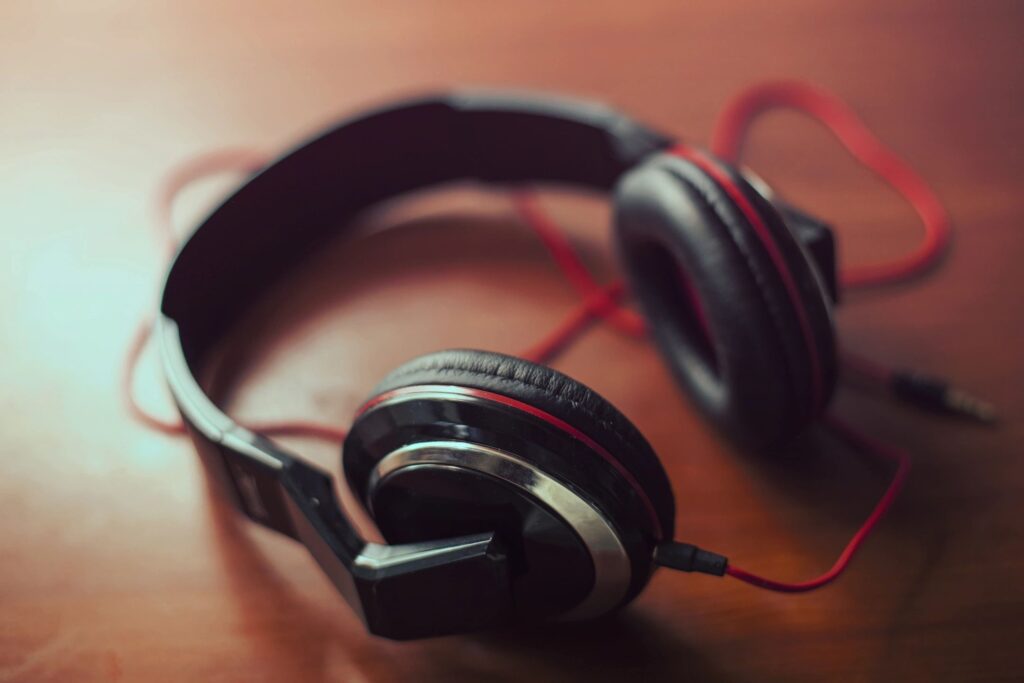A coalition of 200 musicians recently penned an open letter, urging tech companies and developers to exercise caution in their deployment of AI music generation tools, fearing the erosion of human creativity.
A Star-Studded Call to Action
Among the signatories are iconic figures such as Billie Eilish, Katy Perry, and Nicki Minaj, forming a constellation of talent akin to a dream Coachella lineup. Notable names include the estates of Bob Marley, seasoned artists like Elvis Costello and Sheryl Crow, alongside rising stars such as Chappell Roan and Noah Kahan.
The letter underscores the potential dangers posed by AI, emphasizing its potential to compromise privacy, identity, and the very essence of artistic expression. Of particular concern is the unauthorized use of musicians’ work to train AI models, a practice deemed detrimental to the livelihoods of countless artists.
The Perils of Irresponsible AI
AI-driven music generation tools operate by analyzing vast repositories of existing work, raising alarms about the exploitation of artists’ creations without consent. The scenario parallels the challenges posed by piracy, with attempts to safeguard intellectual property often proving futile in the face of advancing technology.
Even efforts by companies like Adobe and Stability AI to develop AI music generators using licensed content fail to assuage fears within the artistic community. Concerns persist regarding the potential impact on musicians who create scores for various media, highlighting the complex interplay between technology and creative industries.
A History of Discontent
The discontent among musicians reflects a broader pattern of dissatisfaction with the evolving digital landscape. From the advent of file-sharing to the advent of streaming platforms, artists have consistently found themselves grappling with issues of fair compensation. The struggle for equitable streaming royalties, exemplified by Spotify’s meager payout rates, underscores the industry’s enduring challenges.
Authors Join the Fray
Writers have also voiced concerns over the proliferation of generative AI, echoing sentiments expressed by their musical counterparts. A previous open letter signed by over 15,000 authors, including luminaries such as James Patterson and Roxane Gay, underscored the threat posed by AI’s ability to mimic and replicate literary works without proper attribution.
The Deafening Silence of Tech Giants
Despite mounting opposition from creative communities, tech companies appear unmoved by the outcry against generative AI. Instances of AI generating content in the style of renowned authors underscore the inadequacy of current copyright laws in addressing this issue, leaving creators vulnerable to exploitation.
A Call to Arms
In their impassioned plea, the musicians implore stakeholders to take decisive action to safeguard human creativity from the predatory onslaught of AI. They advocate for measures to protect artists’ rights, prevent the unauthorized use of their likeness and creations, and preserve the integrity of the music ecosystem.
In conclusion, the collective outcry from musicians and authors alike serves as a clarion call for greater vigilance and accountability in the development and deployment of AI technologies. Only through concerted efforts to address these concerns can we ensure that innovation complements rather than undermines the rich tapestry of human creativity.
See also: Large Language Models (LLMs): Revolutionizing Finance for Efficiency and Safety


















